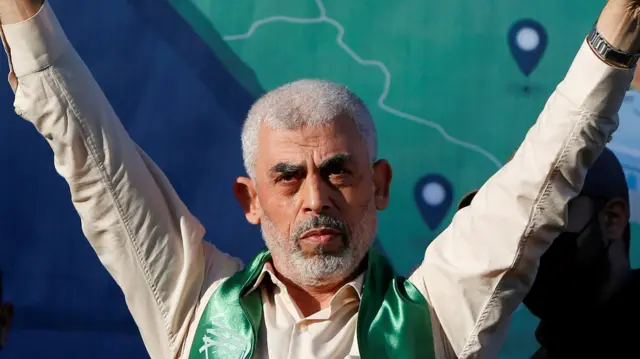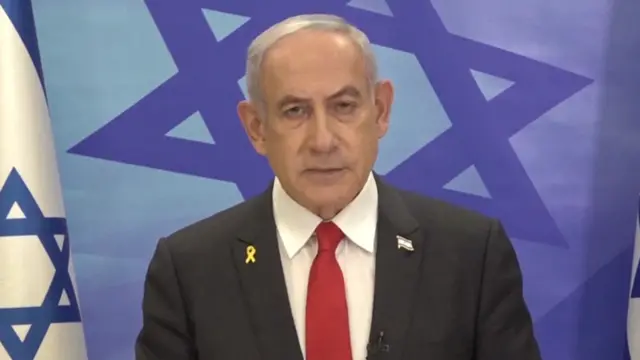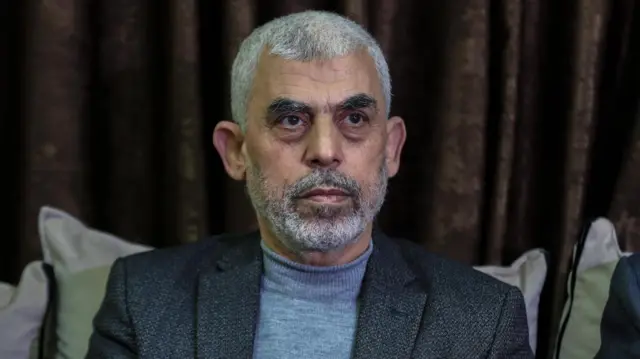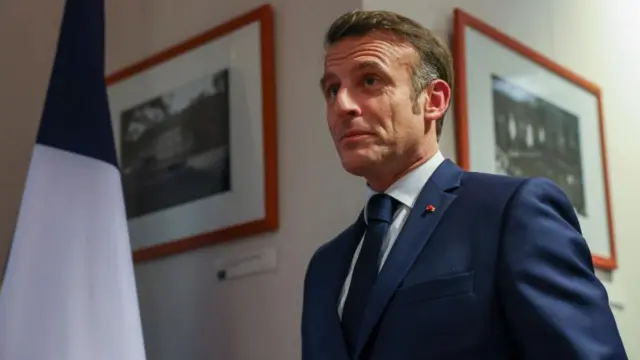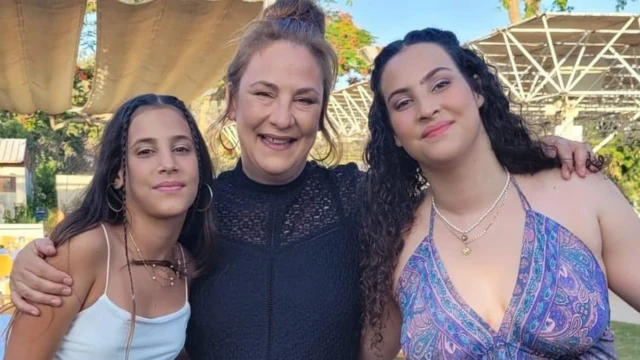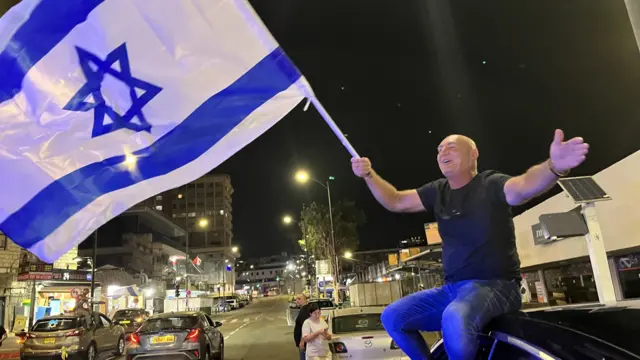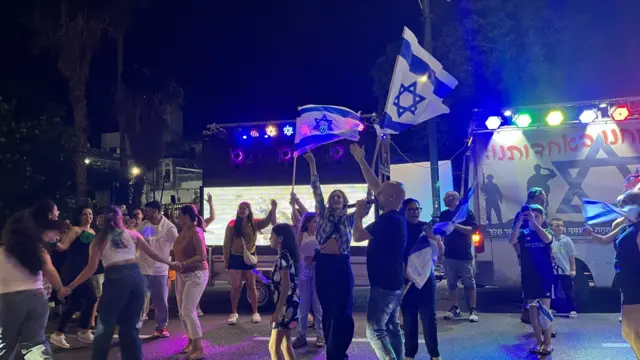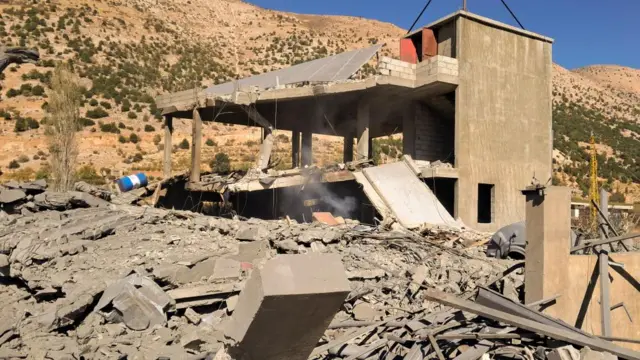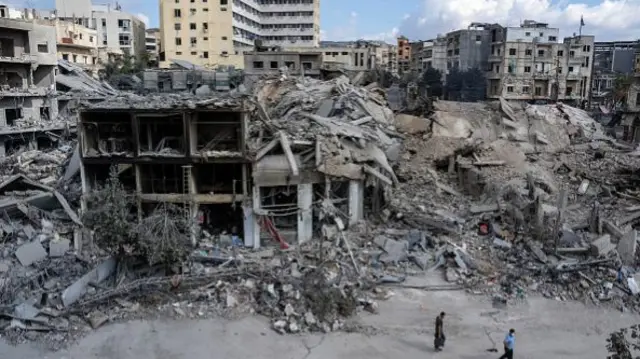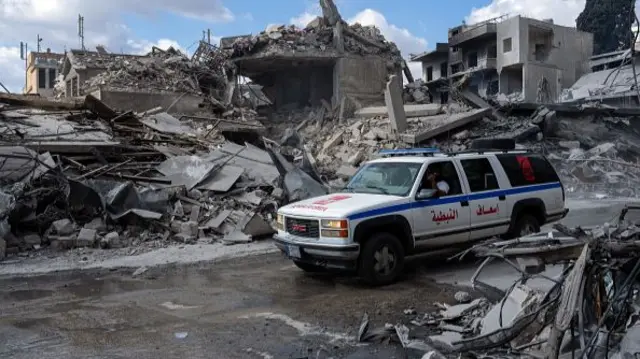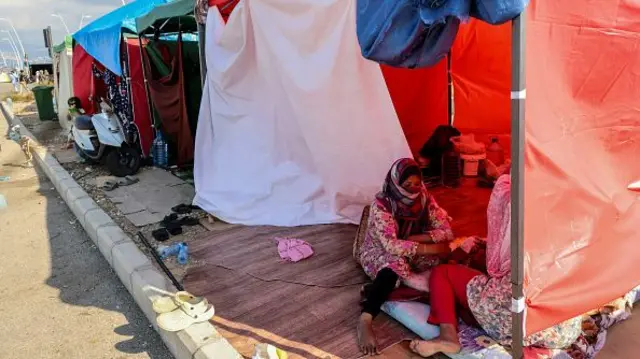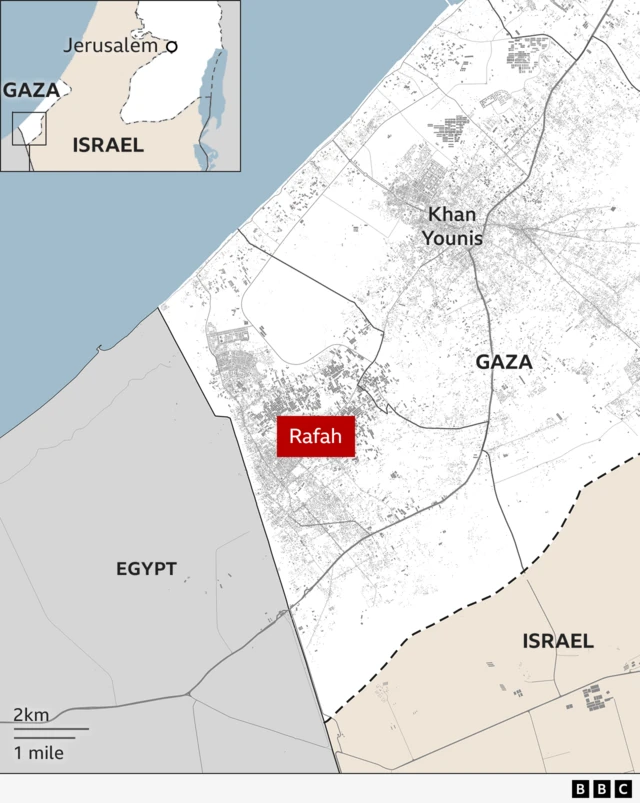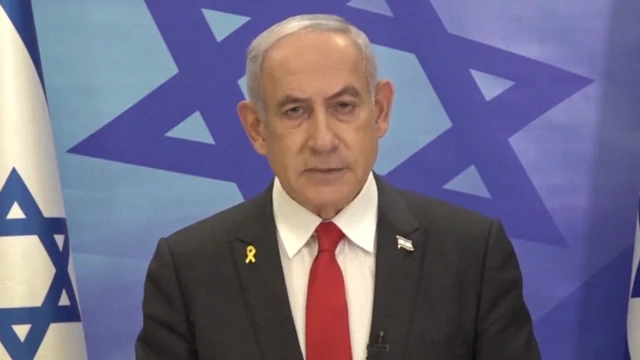Israel confirms death of Hamas leaderpublished at 06:33 BST 18 October 2024
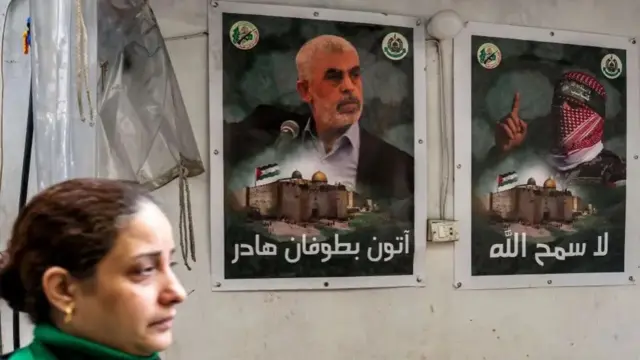 Image source, Getty Images
Image source, Getty ImagesSinwar was the leader of Hamas
We will now be resuming our coverage of the latest updates from the Middle East.
Yahya Sinwar, the leader of Hamas, has been killed by Israeli soldiers in southern Gaza, Israel has confirmed.
Sinwar had led the armed group in Gaza since 2017 and was described by Israel, the US and UK as the mastermind behind the 7 October attacks - when Hamas gunmen killed around 1,200 people in Israel and took 251 hostages.
Medics in northern Gaza say at least 22 people were killed, and dozens wounded, in an Israeli air strike on a school building.
Elsewhere, in Lebanon, cross-border fire between Israel and Hezbollah has been continuing.
And in Yemen the US launched what it called "precision strikes" on five weapons storage facilities in parts of Yemen controlled by the Iranian-backed Houthi group.
Stick with us as we bring you the latest throughout the day.
